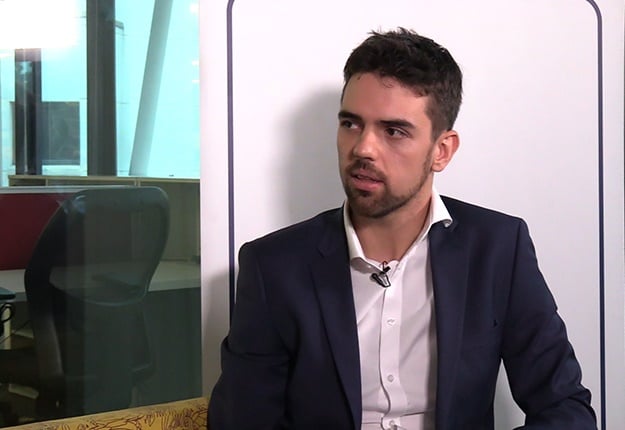
Independent analyst Dawie Scholtz has built a mathematical projection model for News24 which we will use to project the most likely results of the election.
Dawie Scholtz has a plan but he needs your help. While South Africa prepares for its sixth democratic national and provincial elections, Scholtz is ready to sink his teeth into this big moment.
He has devised what he calls an "elections-projections model" but he needs you to help him.
As an elections buff, Scholtz is interested in electoral politics and polling, and has established himself as a reliable and experienced political analyst.
His project for the upcoming elections on May 8 would provide him with valuable data to predict its outcome.
"We are going to try track the extent to which people are turning out to different voting stations throughout the country and do a live analysis on the day [of elections] and as it emerges," said Scholtz.
Those planning to vote on May 8 can help Scholtz. For the model to work, voters need to tweet him using the hashtag #turnouttracker and tell him:
The time you voted and what voting station you voted at (the voting station number or the VD number)
How many people voted by the time you voted (you can ask the IEC official at your voting station how many people voted before you)
As an example, you can tweet Scholtz:
- Voting Station Number: [Fill in your voting station number here]
- Time I voted: [Fill in the time you voted here]
- How many voted: [Fill in how many people voted by the time you voted]
This is the first project of its kind that is not related to the Council for Scientific and Industrial Research (CSIR) – who have done similar models before.
Scholtz says he has conducted this research on a smaller scale in 2016 for the local government elections in partnership with News24. Election- projection models were built for Cape Town, Tshwane, Johannesburg and Nelson Mandela Bay which were a success.
This year, again in partnership with News24, Scholtz will be using his election-projection model to predict results for the whole country as it happens, once 5% of the votes are counted.
"We will basically analyse this data and be able to see how turnout is going throughout the day and announce it to people throughout the day," said Scholtz.
There is a very clear reason why he will focus on voter turnout, in particular. On the one hand it is telling of how South Africans exercise their democratic rights, on the other hand it gives an idea of how voter turnout is spread between political parties.
"Turnout is a very important indicator of engagement with democracy and with the political parties. If people are feeling frustrated with the political process and they feel like it’s not working for them anymore they often just stop caring or just stop voting, which is bad for the legitimacy of whoever gets elected to government," said Scholtz.
"From a more quantitative perspective… it is very important who turns out to vote. We are expecting a 70% turnout in this election but the real questions is: how will this be constituted?"
"Is this going to be an equal level of turnout between, for example, the ANC's base voters in the townships and the DA’s base voters in the suburbs? Or will one group be turning out at a disproportionately high level which would effect the elections in a very big way."
Scholtz adds that globally, turnout can sway elections one way or the other, "Brexit basically happened because 'leave' people turned out at unexpectedly high levels and the same with the Donald Trump election – rural, conservative voters turned out at disproportionately high levels."
Be sure to follow Scholtz: @DawieScholtz and be part of the elections-projections on May 8.
Find everything you need to know about the 2019 National and Provincial Government Elections at our News24 Elections site, including the latest news and detailed, interactive maps for how South Africa has voted over the past 3 elections. Make sure your News24 app is updated to access all our elections coverage in one place.